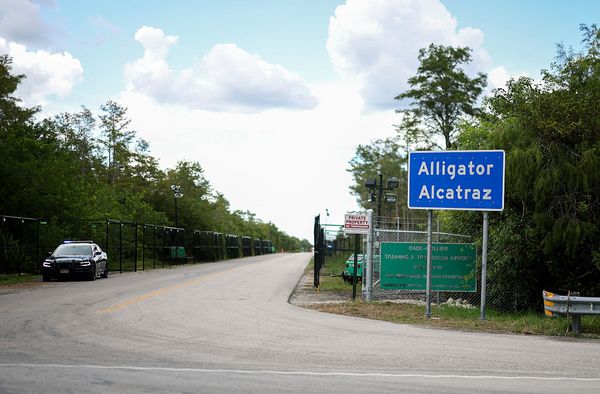A report from the Queensland Family and Child Commission shows 69 children who were known to the child protection system died between July 2021 and June 2022, an increase from 53 children the year before.
The deaths of 55 children in the same period have been investigated by the Child Death Review Board.
The board's second annual report, tabled by Attorney-General Shannon Fentiman on Thursday, shows 51 per cent of those children were Aboriginal or Torres Strait Islander, reflecting the over-representation of First Nations children in the child protection system.
Almost 70 per cent of the reviewed cases were under the age of four.
Of the 55 children, 31 died due to external causes — including six children who drowned and another six who died by suicide.
One was a child between 10 and 14 years of age.
Three children died due to fatal assault or neglect. Ten children died in similar circumstances the previous year.
Four children were under permanent guardianship orders in foster or kinship care and two were in residential care, but the majority were living independently or with family and friends at the time of their death.
The board's chair Luke Twyford said the deaths were confronting.
"One death is one too many, particularly where it's preventable and where there are threats and safety issues in that child's life that are known and that could be responded to."
Mr Twyford said the report shows "systemic failings" in the lives of many of the reviewed children.
"What we're showing is the failings relate to the interaction between systems and the lost opportunities for intervention when people who are responding to that child or to the family don't understand what other frontline workers are working on," he said.
What were the report's recommendations?
The CDRB made six recommendations regarding:
- Service accessibility and delivery
- Continuity of care
- Responses to domestic and family violence
- Safety of infants and unborn children
- Safety of children with a disability
The report found a "cluster of cases" in regional areas where agencies were unable to sustain "meaningful service engagement" with Aboriginal children.
The board recommended skill shortages be addressed, and a focus on increasing the number and expertise of foster and kinship carers.
The development of a fit-for-purpose model for the continuation of care for children exhibiting high-risk behaviours was also recommended.
This model would acknowledge the multiple departments the child was in contact with and should include an early intervention stream for schools and families to trigger a case management response.
The response would address the needs of the child and their family while supporting them for the "continuation of positive family functioning and behavioural guidance" simultaneously working with schools to ensure the child was engaging with their education.
Children exposed to domestic violence to be treated as victims in their own right
Recommendations were also made about the delivery of culturally appropriate and age-appropriate responses and services for children exhibiting violent and aggressive behaviours after experiencing domestic and family violence.
Mr Twyford said it was important to acknowledge children as victims in their own right when looking at cases where there is violence in the home.
"Whilst the household might have received a response from government — that is police, child safety, health and crisis accommodation housing and a whole range of services — too often it was a response to the adults, the victim and the perpetrator and children were seen as a third party," he said.
"We know that children are impacted simply by living in a household of fear, and a household with stress, it impacts them deeply.
"So making sure that government and service systems respond to that child with an open ear and the ability to provide child-focused interventions was missing in many of the cases we saw."
To promote the safety of infants and unborn children, the board recommended the extension of home visiting programs as a priority to focus on parents with complex needs.
The aim of this being to support and monitor the wellbeing of the child while addressing health and psychological needs of the family.
In a statement Ms Fentiman said the government will "carefully consider" the recommendations.
"The death of a child under any circumstances is tragic, and I acknowledge the impacts the loss of a child has on families and communities," she said.







